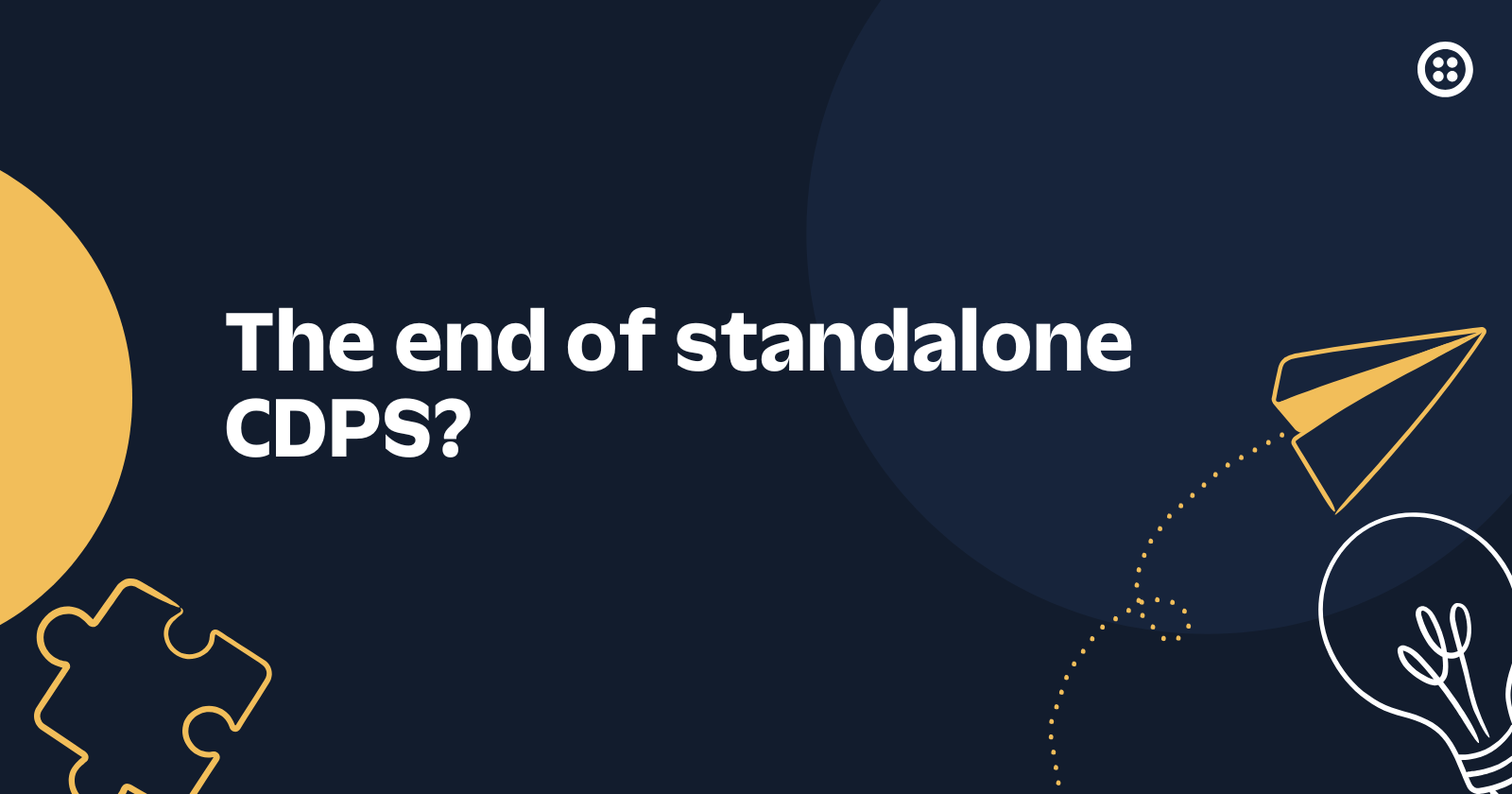Announcing General Availability of Twilio Functions Invocation
Time to read: 2 minutes

Today we are announcing the General Availability of Twilio Functions invocations.
Twilio Functions replaces the need to host or stand up your own web server to serve TwiML or any other HTTP responses, underpinned by your own infrastructure and programming logic. Functions gives you the ability to develop programmatic logic to handle the orchestration of discrete tasks with the convenience of pre-built cloud infrastructure.
With Twilio Functions invocations moving to General Availability, you now have guaranteed service level agreements for functions and assets that you invoke.
What is a Function invocation?

Twilio Functions are straightforward to use. Indeed, we’re heavy users here at Twilio – functions underpin Twilio Studio, Twilio Flex Plugins, and many other things.
To see functions in action you can quickly deploy pre-written code to your account from Twilio’s CodeExchange for free – it works, and you can modify the code for your purposes. If you want to get your hands dirty, you can also get started with some quickstart examples. By design, the Twilio Function lightweight environment provides developers with ease-of-use and extensibility.
Under the hood, functions are invoked in a three-step process initiated by an HTTP request.
- First, the function environment is bootstrapped, and any resources your function code may rely on are quickly initialized.
- Second, Twilio will execute the
exports.handler()method and provide the context, event, and callback parameters. - Finally the callback is reached, and a HTTP response is sent.
If you want to know more, read here about Twilio Function Execution
Functions invocations: now generally available
What does Twilio Function invocations moving from Beta to General Availability cover? Once your Functions and Assets are deployed via the APIs, the new Functions Editor or Functions (Classic), then we guarantee your function’s invocation backed by an increased reliability and service level quality of a 99.95% service level agreement.
With Functions invocations now GA, in the rare eventuality you encounter a problem, raise a support ticket backed by the service agreement. Read more about Service Level Agreements here.
Have further questions about the ins and outs of Functions and their invocations? Have a read of the Twilio Functions FAQ and explore how serverless functions work.
We can’t wait to see how you use it!
Paul Heath is a Solutions Engineer based out of Chicago, IL. Paul is a serverless solution champion from Twilio and is currently working on improving his knowledge of Node.js and all things JavaScript. You can reach him at pheath [at] twilio.com
Related Posts
Related Resources
Twilio Docs
From APIs to SDKs to sample apps
API reference documentation, SDKs, helper libraries, quickstarts, and tutorials for your language and platform.
Resource Center
The latest ebooks, industry reports, and webinars
Learn from customer engagement experts to improve your own communication.
Ahoy
Twilio's developer community hub
Best practices, code samples, and inspiration to build communications and digital engagement experiences.

